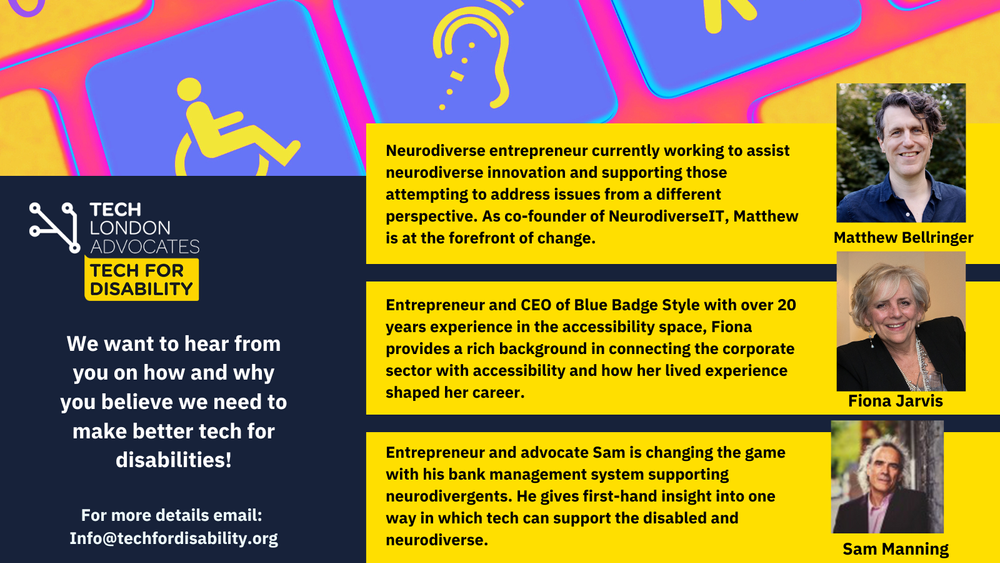Neurodiversity and the dream of escaping the workforce for entrepreneurship.
By Bianca Walker
In a sea of green neurodivergent’s, like sunflowers, are beautiful but in many ways especially in the workforce clearly different from their counterparts. Zareen Ali told the story of how she as an autistic woman escaped the workforce to pursue her dream career in the unimaginable world of entrepreneurship. For many neurodivergent’s, this is a dream they fear they may not be able to reach, whilst they work a job that pays the bills. From ADHDers with a million ideas and no way to organise or not knowing where to start. To those on the spectrum with fears of lack of understanding and miscommunication. As the number of newly diagnosed individuals grows, the lack of understanding regarding neurodiversity remains. We are left with so many people working tirelessly to fit themselves into the box that is the workforce. Building on Zareen’s experiences today’s post will be an exploration of the benefits of entrepreneurship that draw in neurodiverse individuals, and if you're neurodiverse yourself perhaps some points to consider.
Why worry about inclusivity in your company? When in entrepreneurship you set the precedent, whether it’s running your own shop, to producing and selling your product. Being an entrepreneur allows for absolute control over your day, your experiences but also for those you employ. If you’re seeking to change the expectations of the working world, your company could be the starting point of a much bigger change. This flexibility also pours into your ability to dictate your day, and how you’re feeling both emotionally, and physically regarding your condition but also those around you. It also allows you to choose how to work, what task to complete next, if you only like to work mornings or like to juggle a lot of tasks at once as an entrepreneur this is your preference. The ability to have your way is what often draws neurodiverse people in, the ability to not be confined to the expectations of corporate life, of a strict boss, of a pressure-filled role. These are things everyone may experience but can be even further amplified for those with a disability, being the very reason they struggle to keep a job or perform entirely.
However, for some neurodiverse individuals who crave peace of mind, stability, and consistency the workforce provides a sense of comfort and reliability and typically entrepreneurship falls on the other end of this spectrum. There is a lack of control, and this shift can be overwhelming both because of the massive changes entailed but also because of the lack of predictability and riskiness of it all. This has its benefits for some this can be viewed as a challenge as Zareen highlighted as one of the reasons that motivates her, but the reality is that entrepreneurship doesn’t alleviate the symptoms experienced but allows an opportunity to delve into your passion. Entrepreneurship or simply doing things on your own shouldn’t feel as though it’s your only option in a world where you’re the minority, mainstream employment must make a place for you, not you attempting to mould yourself for it.
Often those with a disability are burdened with worries around disclosing their condition, remember when taking the leap of starting your own business it is up to you to judge what spaces you feel comfortable in. This shouldn’t be a deterrent or something you feel as though it will hinder your chances at successful entrepreneurship, as Zareen so perfectly highlights as co-founder of her mental health coaching app COGS. I end this blog post by asking you if you feel as though you are merely surviving the workforce. Do you feel supported and acknowledged and is entrepreneurship something you’ve ever considered?

